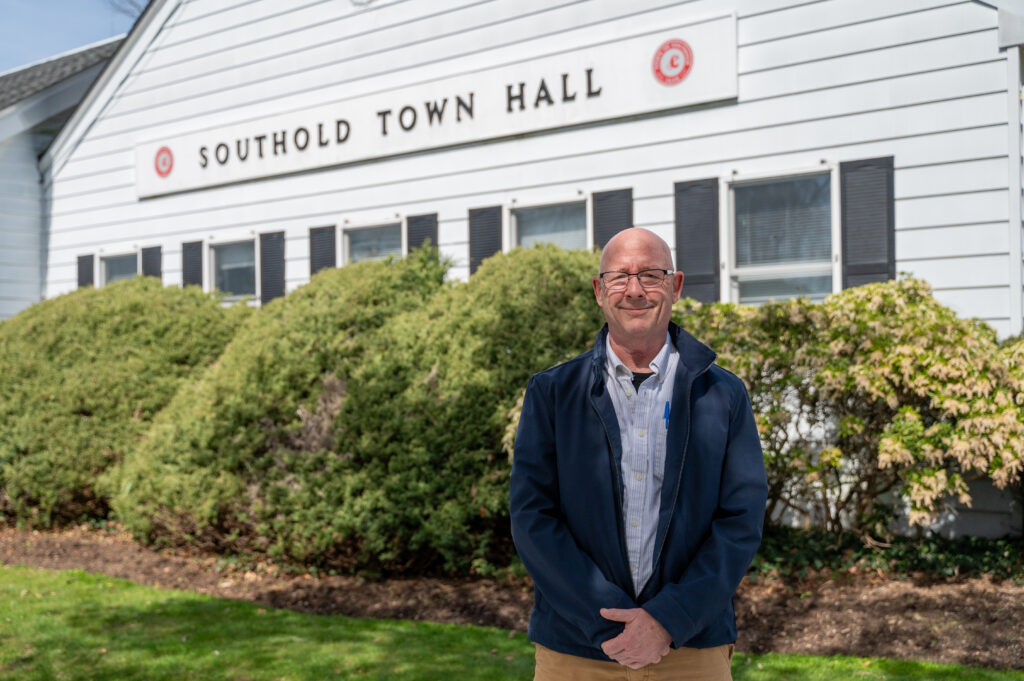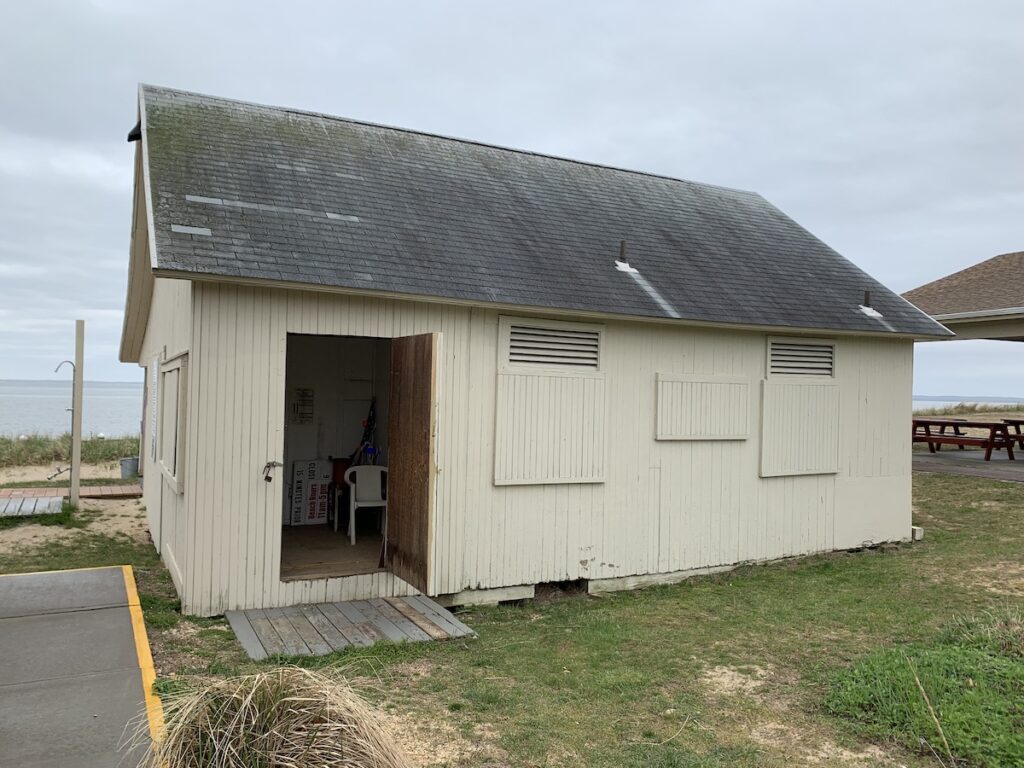Guest Spot: Is processing on farms good for Southold?

Southold Town is wrapping up its comprehensive plan, but code changes being proposed by the town to allow processing on farmland fail to consider the negative impacts of exempting these industrial uses from full review.
Southold is rightly protective of its traditional agriculture and marine industries and is lucky to have exemplary farms that showcase organic and conservation practices. Value-added activities should be supported in moderation, but we need to carefully consider consequences so that this value is not squandered through other losses.
An intensification of uses has been occurring on all fronts in Southold, whether it be larger homes, expansion of businesses, health care industry, hotels, Airbnbs and now more manufacturing. The land has a carrying capacity, above which degradation occurs. Southold’s environment is extremely sensitive, being surrounded by estuaries of national importance. A single poorly planned operation can counter years of efforts to protect these waters, resulting in the degradation of marine habitats and livelihoods.
Another time bomb: Southold’s vulnerable drinking water supply. Many area wells are already experiencing saltwater contamination, which occurs when too much fresh water is pumped from our aquifers — which are underground pools of fresh water floating on saline water. When withdrawal exceeds recharge, fresh water supplies dwindle. For the Town of Southold, we estimated that use of about 94,000 gallons per acre is a maximum sustainable limit, assuming normal rainfall. But Southold is using water at a rate that already hovers at this maximum. The proposal the town is now considering may significantly increase the rate of water usage far beyond a sustainable level.
The current proposal would, in some cases, effectively transform a farm to a light industrial operation, which can and often does pollute. Livestock production has a high carbon footprint. Many waste products, such as those from cheese and yogurt production, can be extremely high in the nutrients that inflame algal blooms and may introduce toxins to soils and groundwater.
The town needs to exercise responsible control of uses, siting and contamination mitigation at the source of production. With no oversight, less scrupulous owners are apt to maximize profit at the expense of the whole community. This is already happening across the country, where farming and beverage companies have destroyed local aquifers and created pollution issues that the public needed to rectify at its own expense. How do you assure that our resources won’t be squandered if plans are not reviewed and a regulatory system is not implemented? How do you fairly apportion resources among owners and varied user groups? All aspects of the town’s needs and vulnerabilities related to community and natural resources should be considered in any project. Smart, sensitive development will benefit all, if properly vetted.
Suggestions:
• If the town wants to allow farms to exceed a sustainable level of water use per acre, then it may be forced to offset these water losses with reductions elsewhere, through zoning; Avengers Endgame Free an exchange of water rights, like wastewater credits; and/or regulation on domestic and commercial water uses.
• Processing/manufacturing uses should not be exempt from State Environmental Quality Review.
• All projects, regardless of size, should be evaluated for their impact on water use, pollutants, operations, volume/intensity and contextual appropriateness. Small/light uses could get expedited clearance.
• All projects should require either water meters for onsite wells or connection to public water. Possibly develop a fund through the CPF to pay for meter costs.
• Identify what farmers really need. Consider a carefully sited shared facility to answer these needs, where appropriate.
• Develop a plan to collectively address by-products and contamination issues.
Glynis Berry, of Orient, is executive director of Peconic Green Growth.








